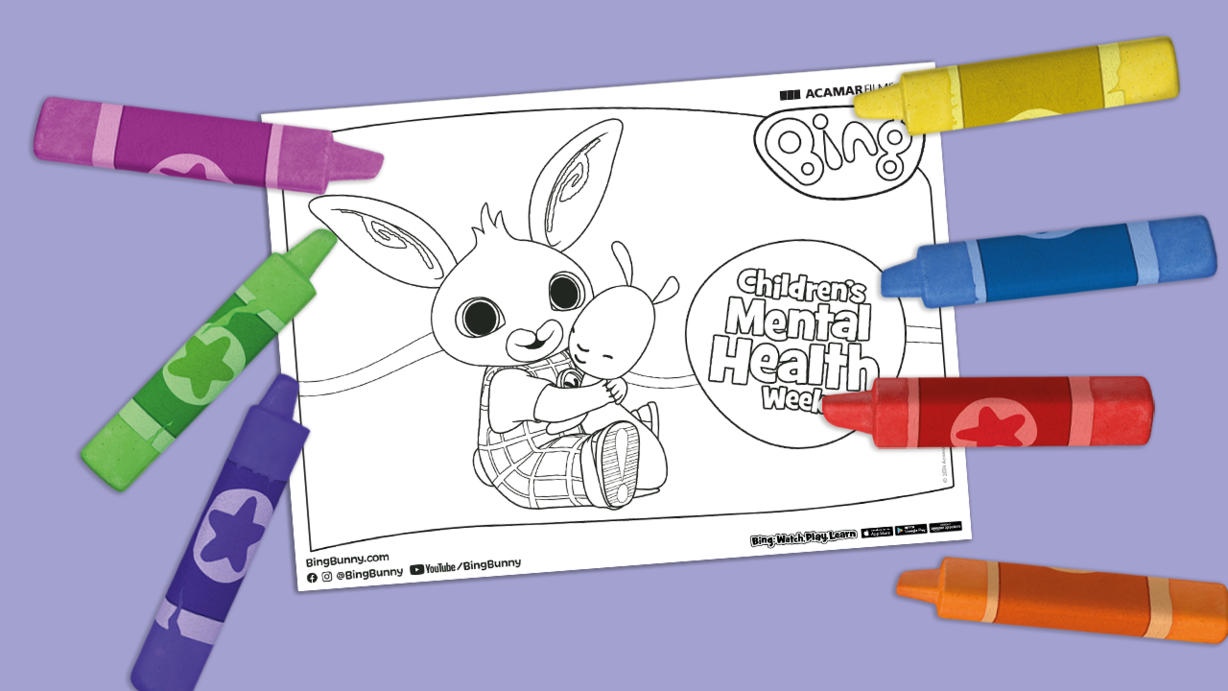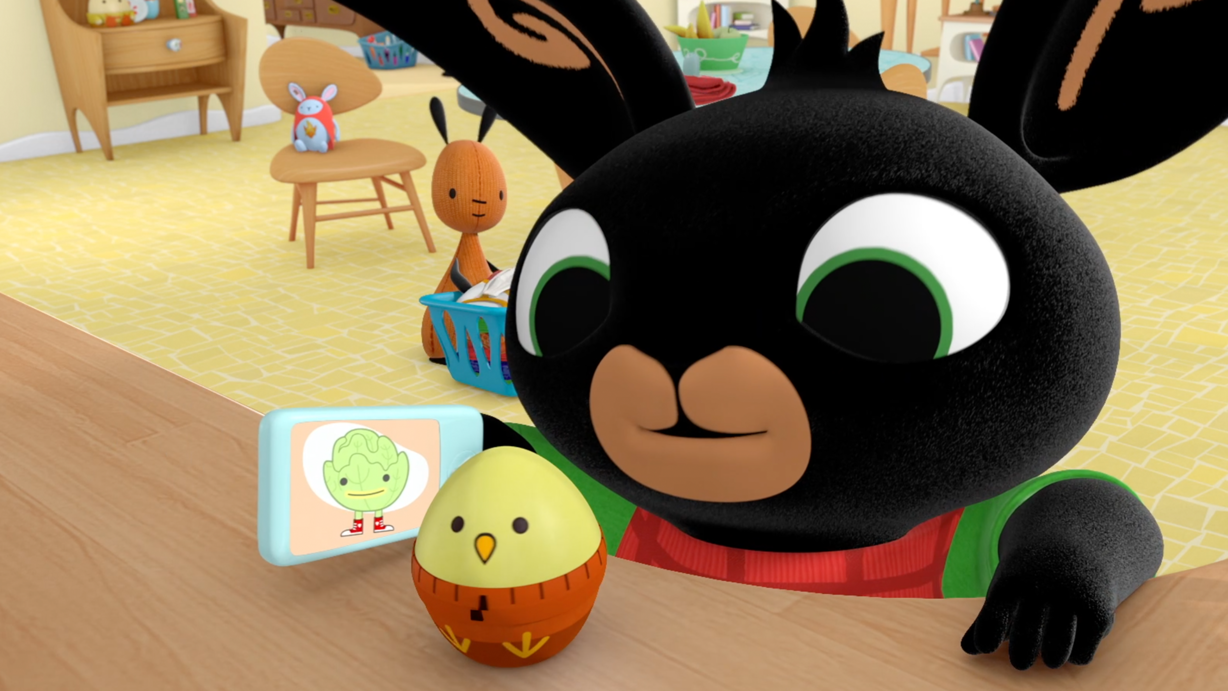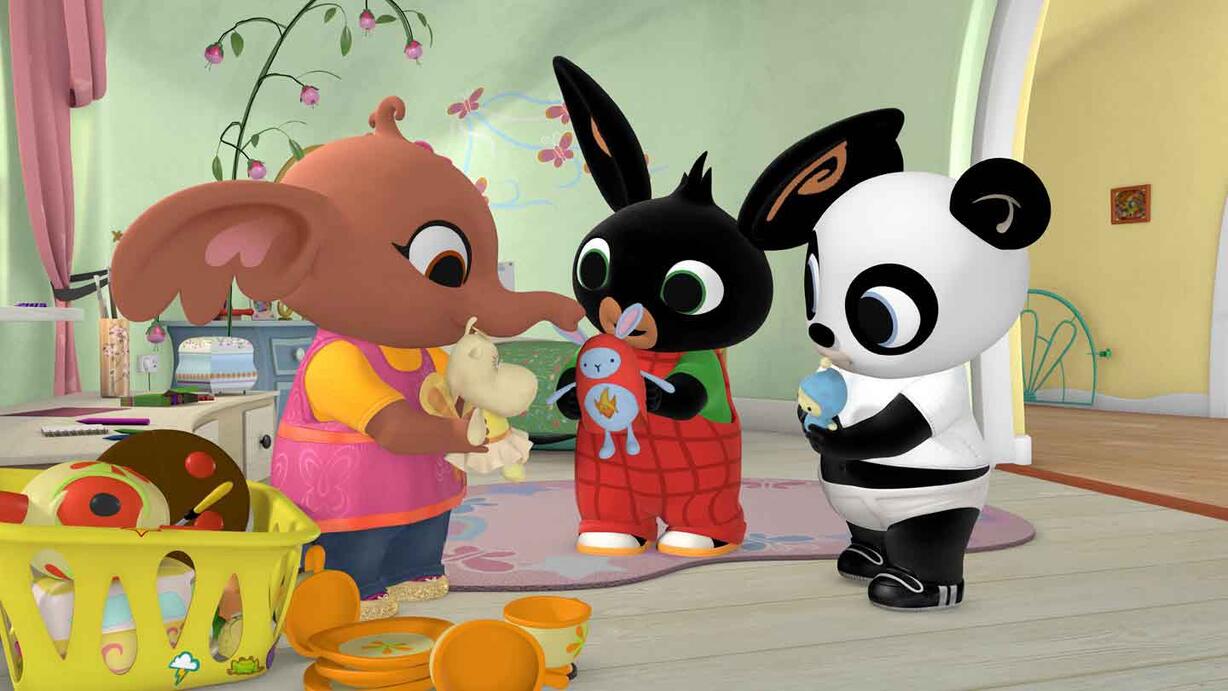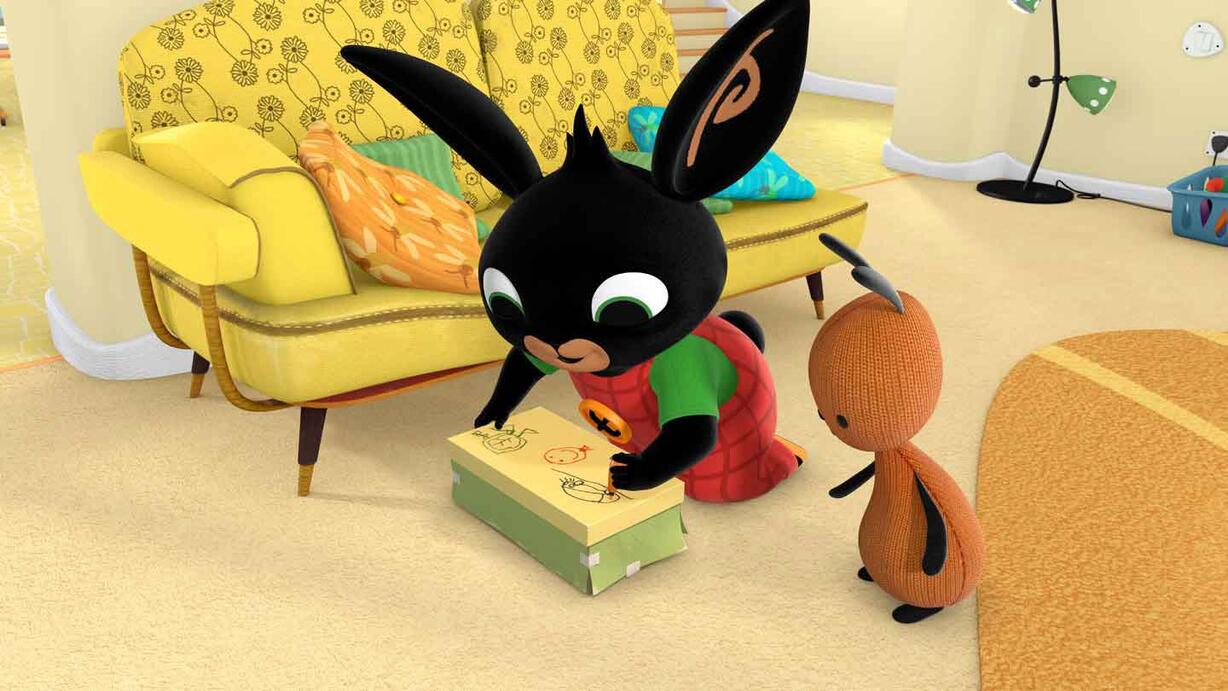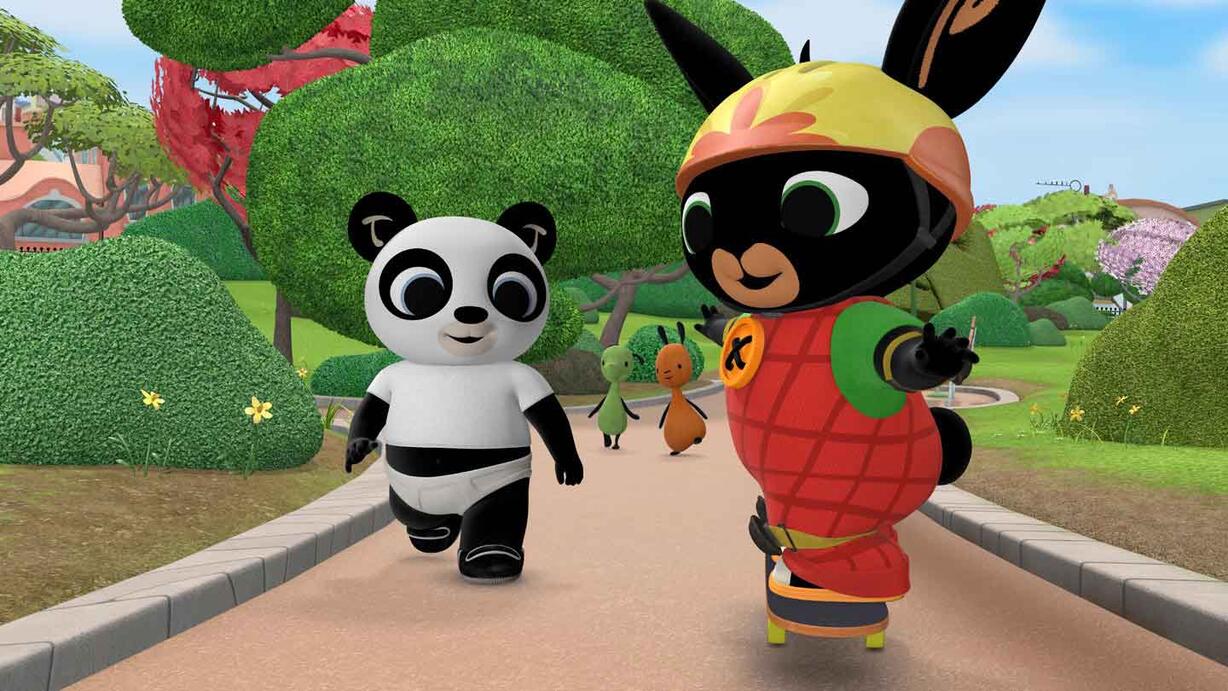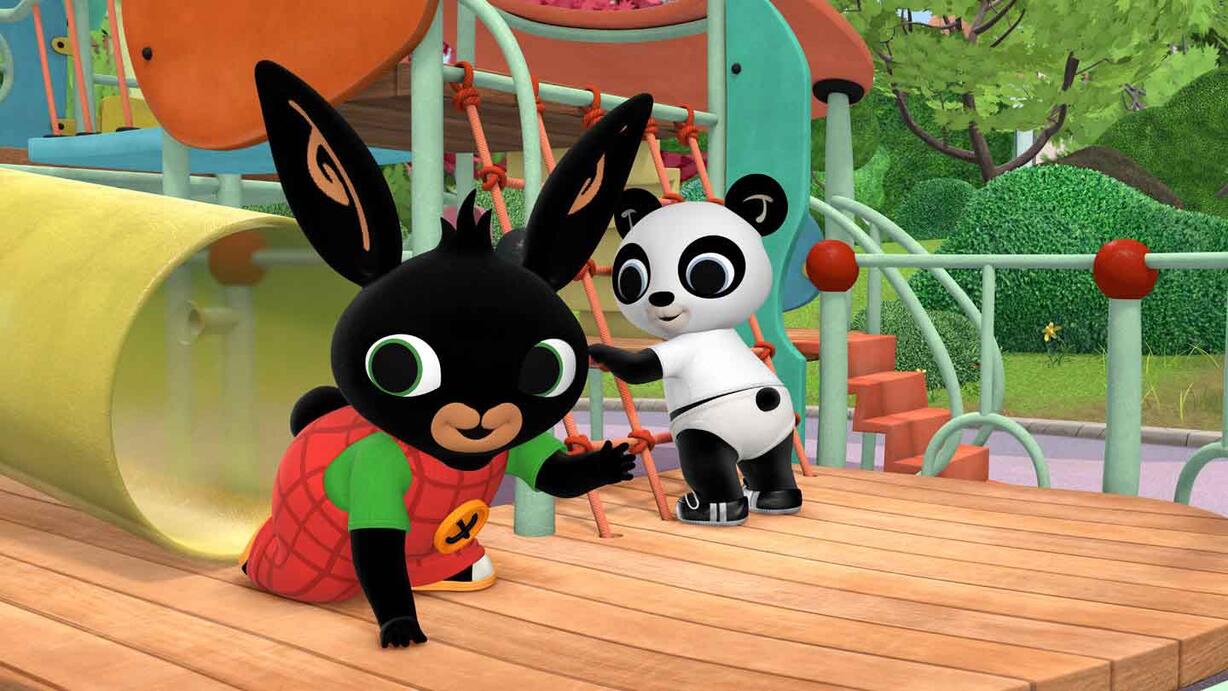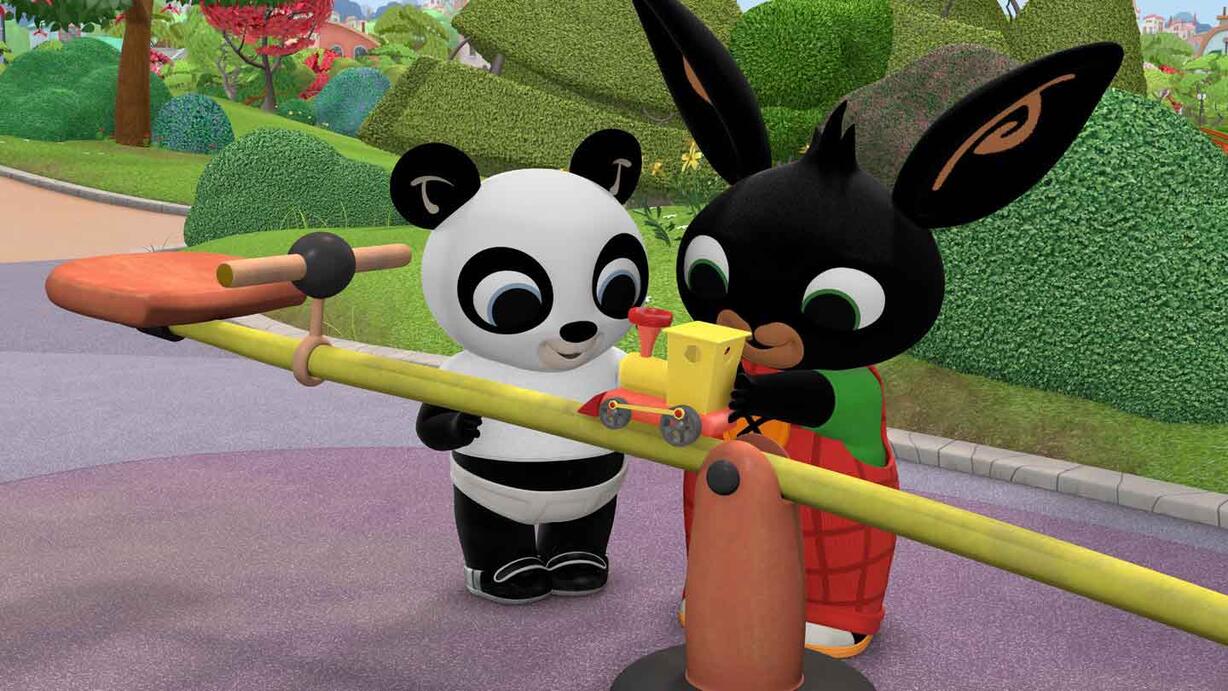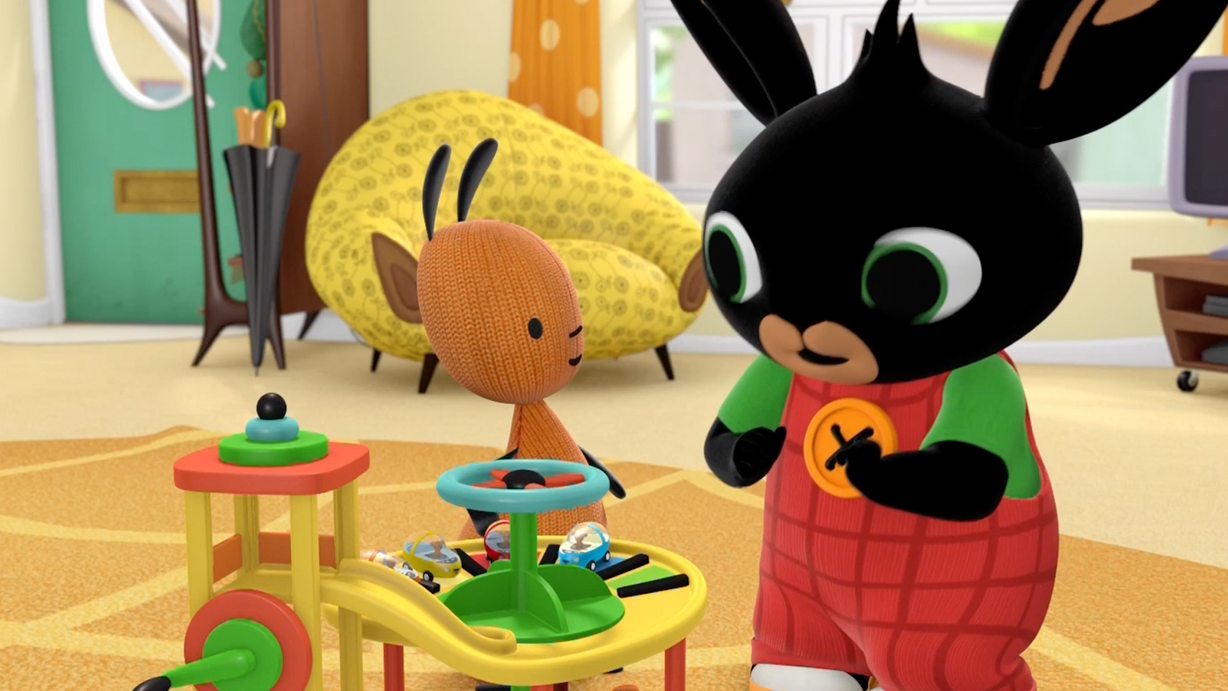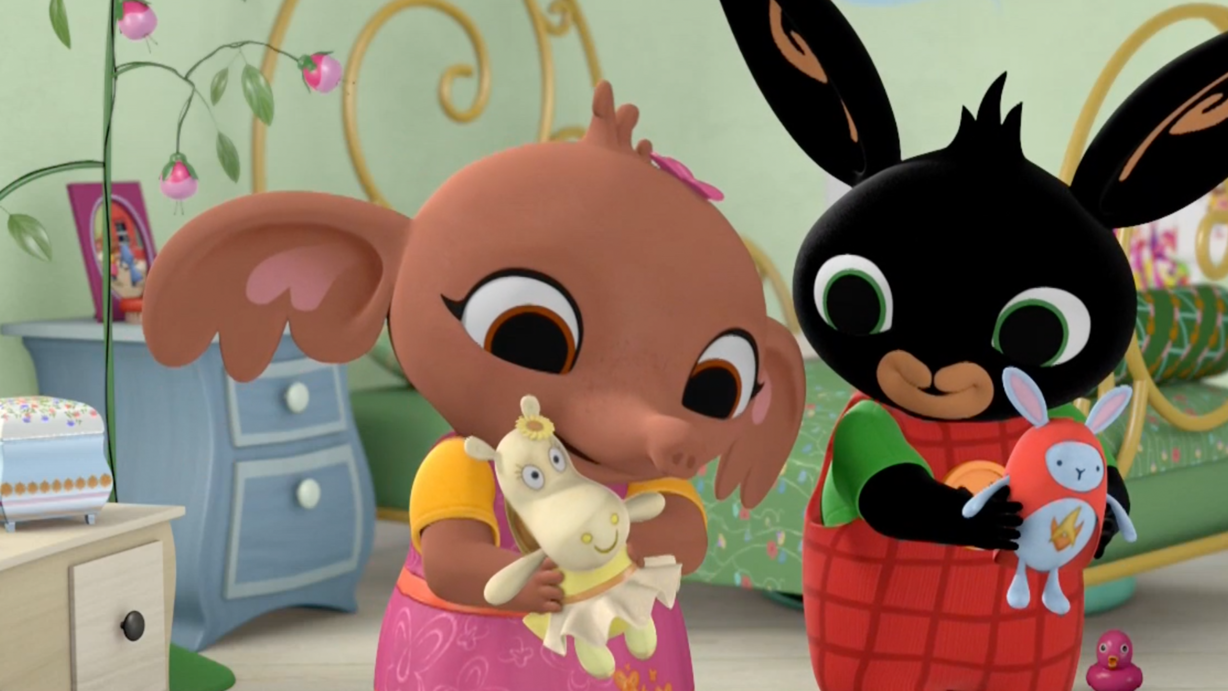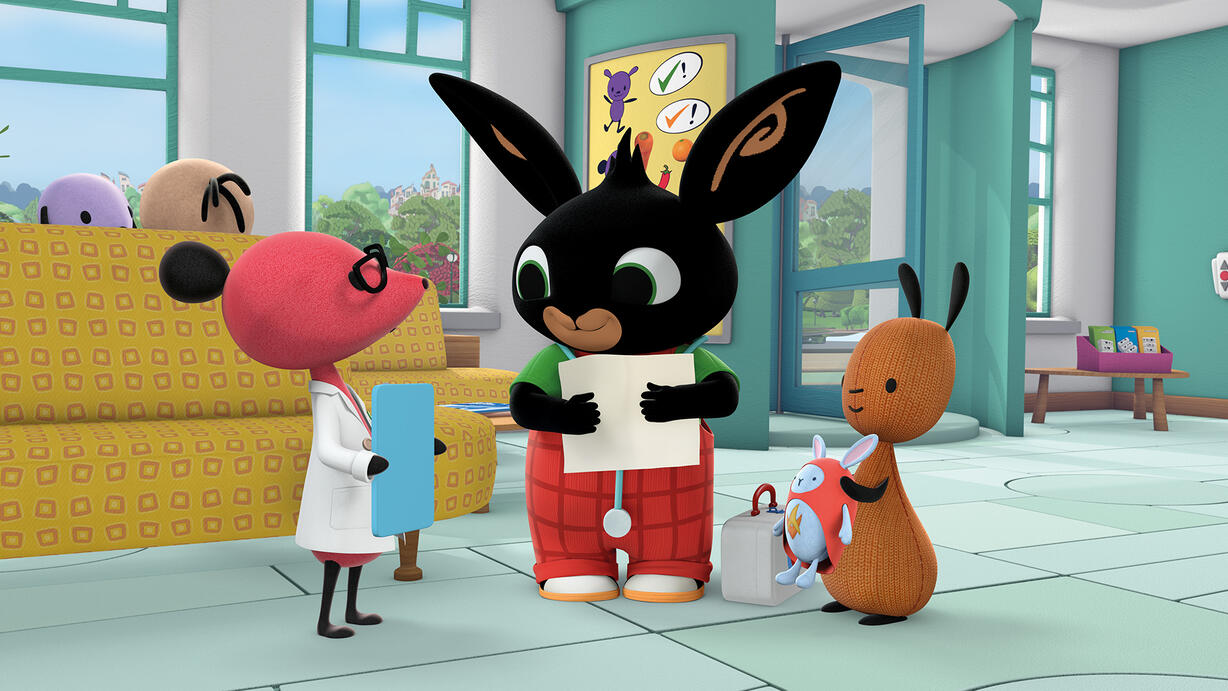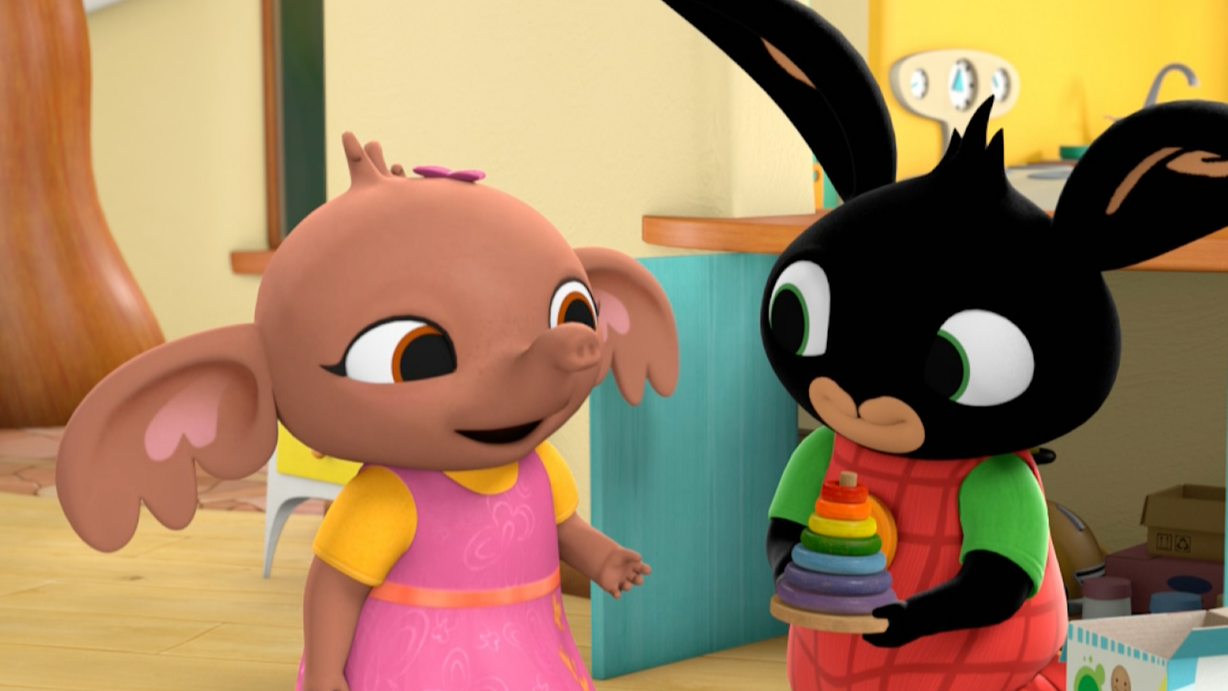
Kate Silverton's Top Three Tips for Connecting with Your Child Through Play
Play time: tips for connecting with your child through play
By Kate Silverton
The 5th to 11th of February is Children’s Mental Health Week in the UK. In a collaborative effort, Team Bing and I have joined forces to emphasise the crucial role of play in nurturing emotional and social well-being in children. Children’s Mental Health Week is a mental health awareness week that empowers, equips and gives a voice to all children and young people in the UK. The week was founded by the mental health charity Place2Be.
For very young children play has a crucial role in emotional development and mental health. Through play, children learn a variety of skills – some physical such as coordination or balance and others more emotional or social such as patience, turn taking and perseverance. Parents and caregivers can help support the development of young children by finding ways to engage in play. Not always easy when time is tight, and it feels as though our “to do” lists are never ending. Below are some tips to hopefully encourage caregivers to harness the transformative power of play as a valuable tool in fostering the mental health of children.
-
Short Play Sessions: In the hustle and bustle of daily life, finding moments of genuine connection with our children can sometimes be challenging. Yet, dedicating just ten minutes a day and an hour on weekends to play can work wonders for calmer, more connected behaviour. The transformative power of play lies not in its complexity but in the joy and connection that it brings.
-
Let your child lead: Our children, with their boundless creativity, teach us how to truly engage in play. Allowing them to be 'in charge' during dedicated playtime fosters a sense of autonomy and creates a space for genuine connection. Whether it's reading together, painting, or engaging in sensory activities like playing with dough, sand, or water, the key is to let the child dictate the play. By declaring it as “our special time together, and you get to be in charge”, you not only convey the importance of the moment but also elicit a sense of delight in your child.
-
Embrace play as priceless: Play is a cost-free and immensely enjoyable way to connect with your child. This doesn’t necessarily mean having to organize expensive days out but instead can happen anywhere for free, for example the simplicity of playing with cardboard box or playing stepping stones in the living room with cushions on a rainy morning. Children don’t need extravagance; they just need simplicity and your time.

Kate Silverton
Play is a cost-free and immensely enjoyable way to connect with your child. Play can happen anywhere for free.
As the famous playwright George Bernard Shaw once said, “We don’t stop playing because we grow old, we grow old because we stop playing”. Embracing play with our children is not just a momentary act but so important to help grow their children’s mental, emotional and social health, whilst deepening connections between parents or caregivers and their children.
So, let’s dive into the world of play, where the benefits happen, and where bonds are strengthened, one delightful moment at a time.
Download a printable version
About Children’s Mental Health Week 2024
Children’s Mental Health Week 2024 will take place from 5–11 February 2024. This year’s theme ‘My Voice Matters’. My Voice Matters is about empowering children and young people by providing them with the tools they need to express themselves. During Children’s Mental Health Week, Place2Be want all children and young people, whoever they are, and wherever they are in the world, to be able to say – and believe - “My Voice Matters”.
About the author
Kate Silverton is qualified child therapist and an advocate for children and their emotional well-being. Her academic roots are in child development, with a BSc in Psychology; she has worked for more than a decade in children’s mental health, ultimately retraining as a children’s counsellor with the children’s mental health charity, Place2Be and practices clinically with young children at a London primary school. Alongside this, Kate is on of BBC’s mail national news presenters and a previous contestant on ‘Strictly Come Dancing”.
Kate Silverton, Child Therapist
- Web: https://www.katesilverton.com/
- Twitter: @KateSilverton
- Instagram: @katesilverton

